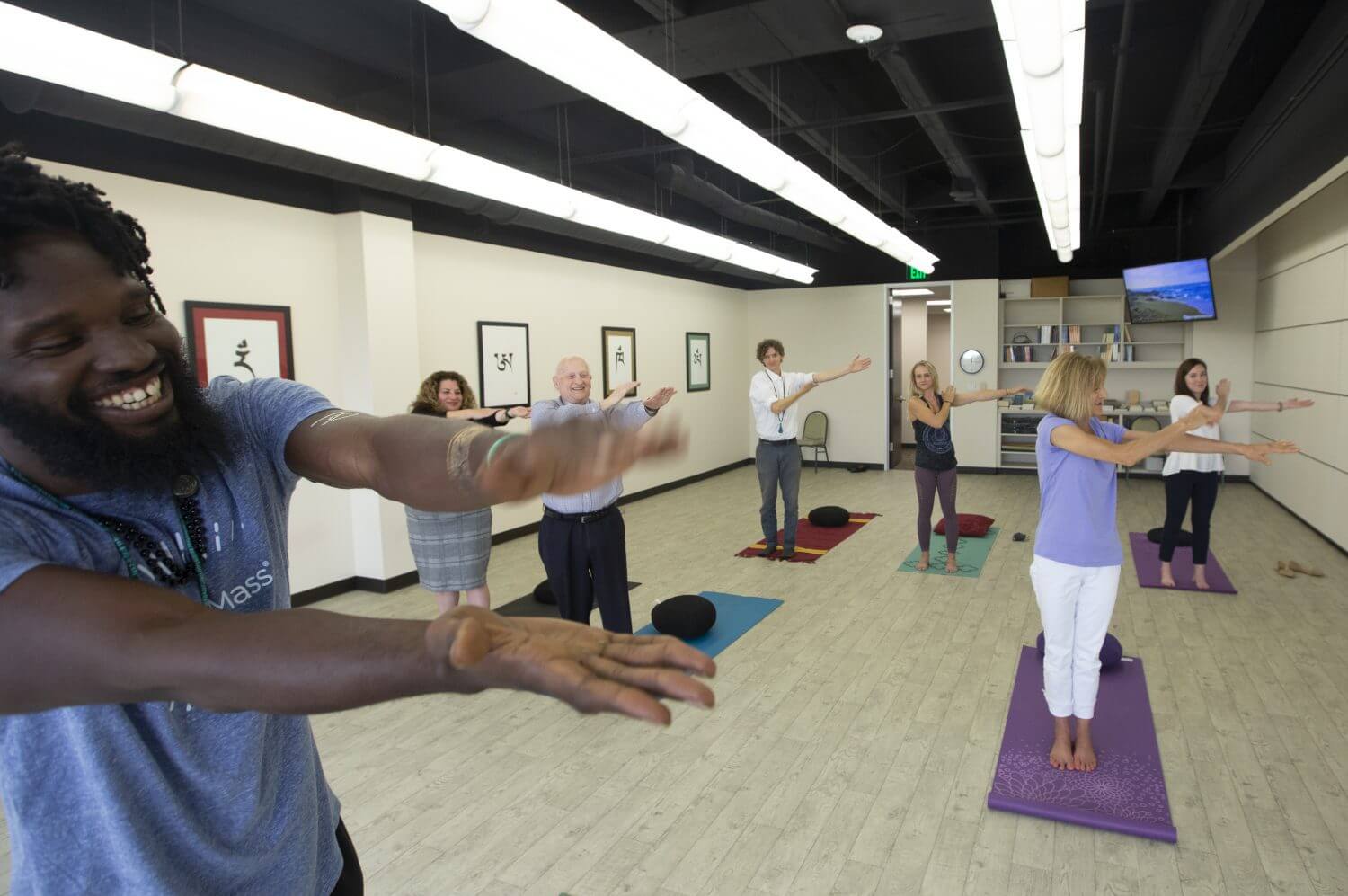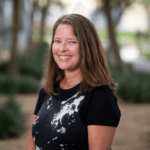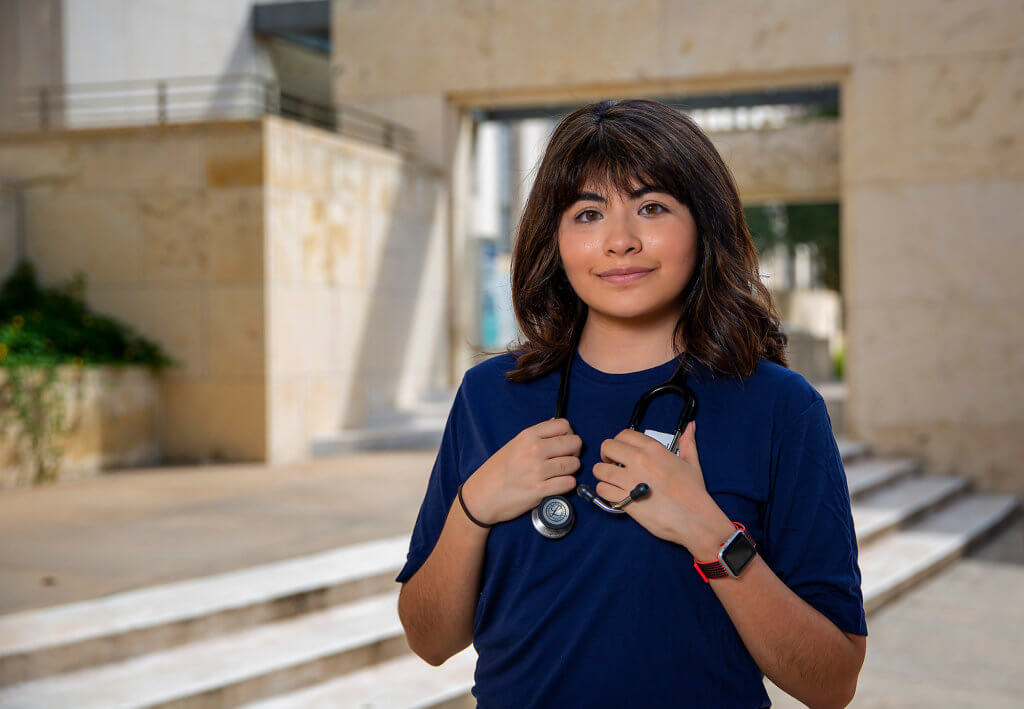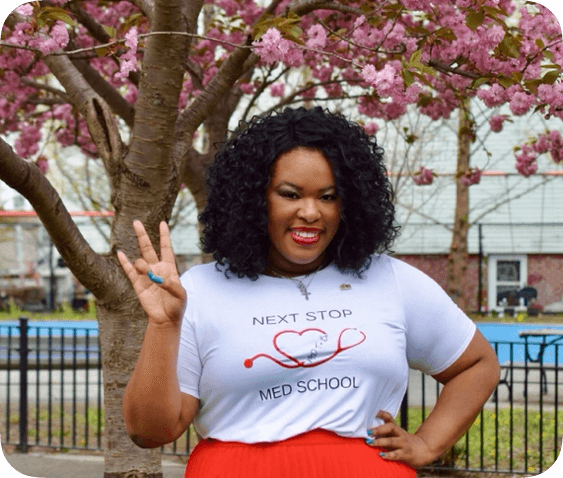Mind-body medicine goes mainstream

Starting this fall, Saybrook University will offer satellite master of science and Ph.D. programs in mind-body medicine at the Texas Medical Center, hosted, in part, by the Institute for Spirituality and Health.
The graduate degrees promote a holistic approach to wellness, emphasizing the interconnected-ness of the mind and body when treating patients and guiding overall care. Practices taught are designed to help manage stress and certain diseases, including Type 2 diabetes and obesity. Classes in yoga, meditation, nutrition, spirituality, hypnosis and biofeedback—which uses electrical sensors to help individuals control certain bodily functions without drugs—are just a few of the curriculum offerings.
“Our goal is to teach people new skills and lifestyle changes right away, when they’re amenable—to have a yoga practitioner right in the medical clinic,” said Donald Moss, Ph.D., dean of the College of Integrative Medicine and Health Sciences at Saybrook, an online university based in California. “People will trust their doctor and trust the practitioner in their doctor’s office. There have been holistic practitioners for decades, but the problem has been that physicians would treat the patient with a headache with medications. Then, eventually, patients would get referred to some-one for hypnosis or biofeedback.”
Residential conferences in Houston
Saybrook’s courses are web-based, but each degree requires students to attend “residential conference” sessions. For Houston area students, these classes will be held at the Institute for Spirituality and Health (ISH), located in the Texas Medical Center at 8100 Greenbriar Road. Ordinarily, students must travel to Oakland, California, where the university is based, for the sessions. “Students who enroll in the Houston residential conference program will take four, four-day residential conferences as fulfillment of the residential training requirements for the 40-credit M.S. in mind-body medicine and the 76-credit Ph.D. in mind-body medicine,” Moss explained. “A certificate in mind-body medicine will also be available.”
*****
Saybrook classes begin in late August. Visit saybrook.edu/houston to apply or learn more.
*****
The collaboration between Saybrook and ISH took root when John Graham, M.D., the CEO of ISH, started taking classes at Saybrook. He approached Moss about offering the advanced degrees and certification program at the Texas Medical Center, home to more than 100,000 health care professionals. Moss liked the idea, as did Saybrook University President Nathan Long and the school’s board of trustees.
“This is a hybrid university,” explained Graham, who is working on his master’s degree at Saybrook. “You meet the Saybrook faculty over a four-day period. We meditate before each class. We do practices throughout the training. You know your professors quite well and they know you. Then you do classwork over seven or 14 weeks in what’s called ‘modules’ and you meet with faculty in video conferences every two weeks. They answer questions and go over new material.”
Most of the students who enroll come from the health care field and are hoping to augment their knowledge or expand their career options.
“We recruit a variety of health professionals—physicians, nurses, psychologists, mental health professionals,” Moss said.
“Many students already have a license to practice in their field,” Graham added, “and the mind-body medicine courses they’re taking are complementary and integrative to what they’re already doing. But they’re also going to be learning how to take care of themselves. They’re going to be very aware of how important it is to learn self-care practices that will help them stay balanced.”
Shifting attitudes
Laura Licato, Ph.D., who was a cancer immunologist for two decades, said that her attitude toward health and wellness gradually started shifting several years ago.
“What happened was, I became more interested in a broader view of health,” said Licato, who works for Harris Health System as a learn-ing and development education specialist. “I was doing clinical trial work and FDA work—fairly bureaucratic stuff. I was feeling like I wasn’t having the impact I wanted to have. I have a son on the autism spectrum and I was going through that journey and looking at health in a different way.”
Licato found her niche in health and wellness coaching and, for the past few years, has been teaching integrative wellness coaching at Saybrook University. She is impressed with the caliber of the students and the communal feel of the classes. “It’s amazing how intimate it can be,” she said. One of the biggest overall challenges of her field, she added, is teaching people that mind- body medicine can and should be integrated into standard medical practice.
“I see a big disconnect,” Licato said. “Some people think of the conventional medicine world and alternative medicine as separate things—just as we used to think of the body as totally separate from the mind. The challenge is getting people to understand our bodies are shaped by our brains and vice versa. We really are integrated beings. It’s easy to separate things when we’re trying to study; we tend to compartmentalize symptoms. But we need to understand how all the pieces fit together.”




